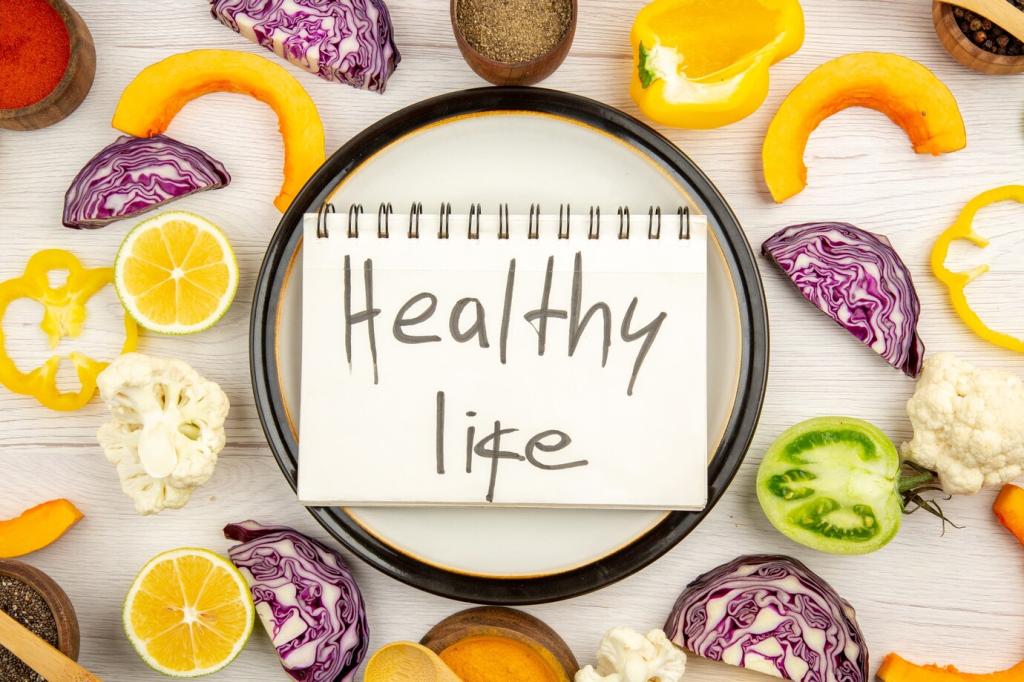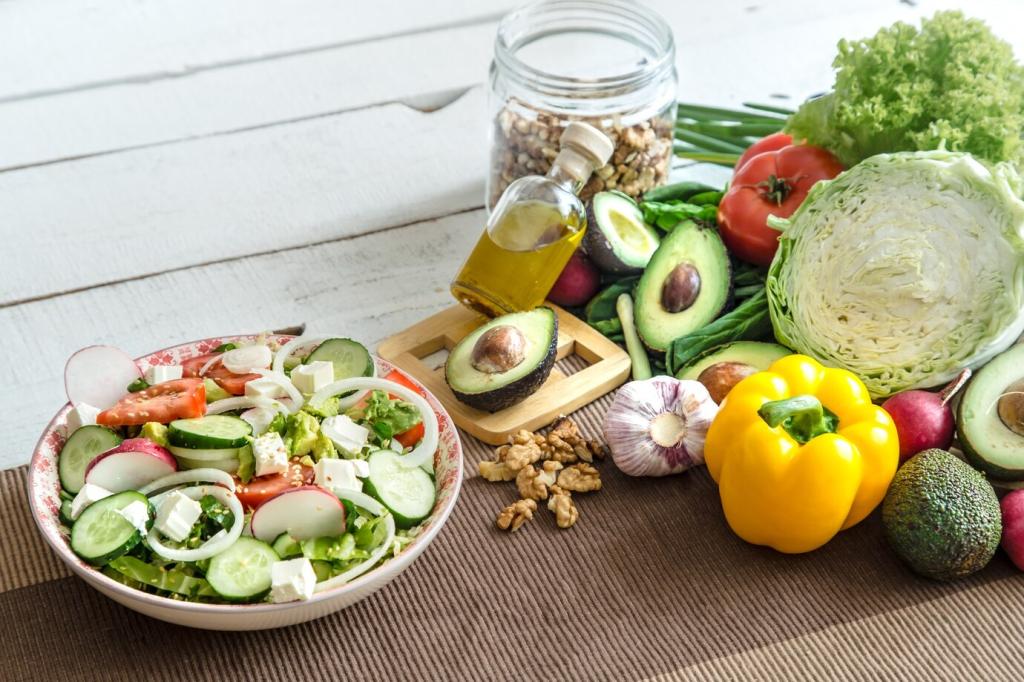Exploring the Psychological Benefits of Mindful Cooking
Mindful cooking is more than just a trend—it’s a holistic practice that nurtures both body and mind. Engaging fully in the act of preparing food can foster a deeper sense of presence, reduce stress, and enhance emotional well-being. As you immerse yourself in the rhythms of chopping, stirring, and seasoning, mindful cooking turns daily routines into opportunities for reflection, growth, and connection. Understanding the psychological benefits of mindful cooking can inspire you to transform your kitchen into a space for self-care and rejuvenation.
Cultivating Presence Through Cooking
Heightening Sensory Awareness in the Kitchen
When you practice mindful cooking, you become acutely aware of the sensory elements around you. The sizzle of vegetables in a pan, the rich scent of fresh herbs, and the sight of vibrant ingredients all draw your attention to each phase of meal preparation. This heightened awareness anchors you in the here and now, preventing your thoughts from wandering to stresses or worries outside the kitchen. Over time, tuning into your senses while cooking enhances your overall mindfulness, helping you to cultivate this quality not only in the kitchen but in other areas of your life as well.
Creating Rituals to Foster Mindful Engagement
Establishing rituals, such as washing vegetables with care or carefully arranging ingredients, transforms cooking into a meaningful and intentional practice. These small, repeated actions encourage you to move with purpose, shifting your focus from simply getting dinner on the table to honoring the process itself. This sense of ritual can offer comfort and stability, especially in times of chaos or uncertainty, by providing a dependable structure within your daily routine. Embracing these rituals can establish a sense of calm and control, positively influencing your mental state.
Letting Go of Distractions for Deeper Focus
Mindful cooking calls for the conscious elimination of distractions—putting down your phone, switching off the TV, and allowing yourself to engage fully with the act of preparing food. This deliberate choice tunes out external noise and cultivates a mental space free from interruptions. The practice of focusing deeply fosters clarity and sharpens your concentration, making even routine tasks fulfilling. Over time, this ability to declutter your mind in the kitchen translates into greater focus and present-mindedness in other aspects of daily living.
Enhancing Emotional Well-Being
Preparing meals with mindful intention can be a profound act of self-care. By making time to nourish your body, you’re sending a compassionate message to yourself: that you are worthy of care and attention. This act of prioritizing your needs and honoring your physical well-being can counteract feelings of neglect or burnout. The process of mindful cooking, therefore, becomes a gentle reminder of your capacity for self-love and provides a tangible way to replenish emotional reserves.

Many aspects of cooking involve repetitive, rhythmic motions—kneading dough, stirring soups, or chopping vegetables—actions that can be inherently soothing. These movements tap into the meditative qualities often found in activities like knitting or walking, encouraging a peaceful mind and steady breath. When you engage mindfully with these repetitions, you allow your body and mind to synchronize, giving yourself permission to slow down, release tension, and gently unwind from the day’s demands.

